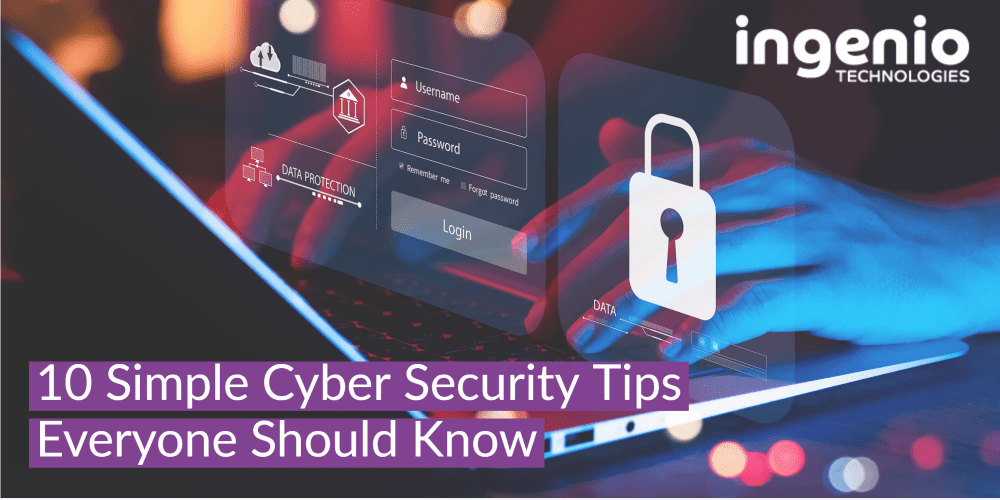Cyber Security has become a major concern for individuals and businesses alike. With the increasing use of technology in our daily lives, cybercriminals are constantly finding new ways to steal our personal and sensitive information.
Who are Cybercriminals?
Cybercriminals are individuals or groups engaging in illegal activities on the internet or other computer networks. They use technology to commit crimes such as stealing personal and financial information, distributing malware, conducting phishing scams, and engaging in identity theft, among others.
Cybercriminals may include hackers, scammers, and other types of malicious actors who use technology to carry out their illegal activities. They often target individuals, businesses, and organizations to steal information or money, cause damage or disruption, or gain unauthorized access to computer systems.
Cyber-crime is a growing threat, and individuals and businesses need to take steps to protect themselves from these types of attacks.
In this blog, we’ll share ten simple cyber security tips that everyone should know to protect themselves from online threats.
1. Use Strong Passwords
A strong password is your first line of defence against hackers. Use a mix of uppercase and lowercase letters, numbers, and symbols, and avoid using common words or phrases.
2. Enable Two-Factor Authentication
Two-factor authentication adds an extra layer of security to your accounts by requiring a second form of verification, such as a code sent to your phone, in addition to your password.
3. Keep Software Up-to-Date
Software updates often include security patches that fix vulnerabilities that hackers can exploit. Make sure to keep your operating system, apps, and antivirus software up-to-date.
4. Use Antivirus Software
Antivirus software can detect and remove malware, viruses, and other malicious software from your computer. Make sure to use reputable antivirus software and keep it up-to-date.
5. Don’t Click on Suspicious Links
Phishing scams often involve emails or messages that contain malicious links. Don’t click on links from unknown or suspicious sources.
6. Use Public Wi-Fi with Caution
Public Wi-Fi networks can be insecure, making it easy for hackers to intercept your data. Avoid logging into sensitive accounts or sharing sensitive information while using public Wi-Fi.
7. Backup Your Data Regularly
Regularly backing up your data ensures you can recover important files if your computer is compromised. Use cloud-based storage or an external hard drive to backup your data.
8. Use a VPN
A virtual private network (VPN) encrypts your internet traffic and provides an additional layer of security while browsing the internet.
9. Be Cautious on Social Media
Be careful about what you share on social media, as cybercriminals can use this information to target you. Avoid sharing personal information such as your full name, address, or phone number.
10. Be Mindful of Your Online Activities
Be mindful of what you do online and the information you share. Avoid downloading suspicious files or opening emails from unknown sources, and be cautious of online scams.
In conclusion, cyber security is a critical concern in today’s digital age, and it’s important to take steps to protect yourself from online threats. By following these ten simple cyber security tips, you can reduce your risk of falling victim to cyber-crime and keep your personal and sensitive information safe.
If you are worried about the security for your business, contact us today and see how we can help you – call 01273 806211 or email hello@ingeniotech.co.uk

